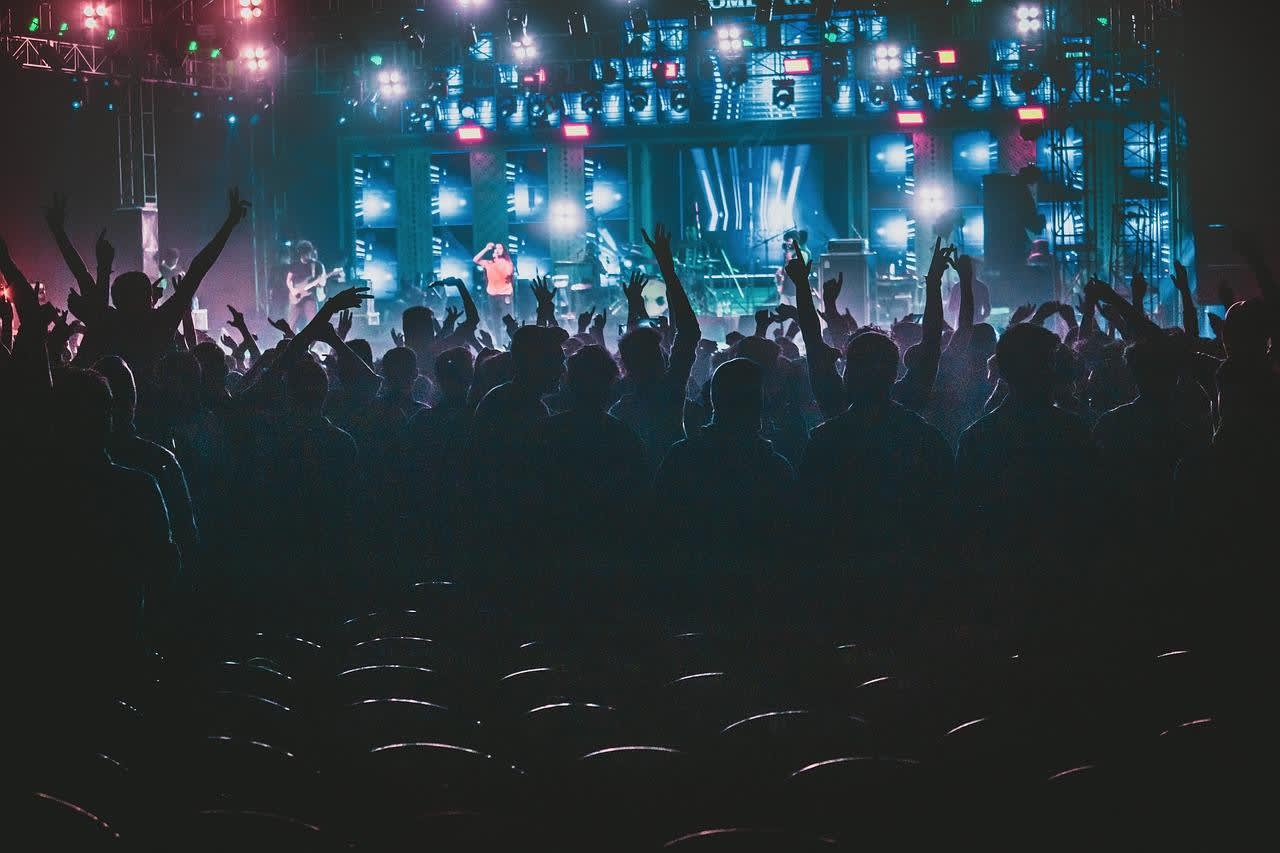Brain injuries are as about as serious as it gets when it comes to physical injury. Around 200,000 people are admitted to hospital for head injuries each year, and around a fifth of them show evidence of traumatic brain injury (TBI) – a thankfully low figure, but still around 40,000 lives irrevocably changed each year.
Brain injuries have a variety of short- and long-term impacts for those unfortunate enough to suffer them, from physical difficulties and disabilities to wholesale psychological shifts. Managing these various potential impacts can be difficult, particularly where mental disabilities are acquired – but there are long-term solutions for long-term and chronic problems, with music therapy being a powerful tool in the rehabilitation arsenal.
Brain Injury – The Basics
First, it is important to gain a basic understanding of what it can mean to suffer a brain injury. The term ‘acquired brain injury’ or ABI refers to any brain injury that is acquired during or after birth – that is, a brain injury that is not genetic, or the result of a foetal irregularity. TBIs are a sub-category of ABI, wherein the injury has specifically been caused by physical trauma to the head or brain.
Many such injuries are the result of preventable accidents, giving rise to the potential for brain injury claims and compensation; car accidents, sporting incidents and workplace slips or trips rank highly as causes for such claims.
Given the immense complexity of the human brain, it is easy to understand just how varied the impacts of a brain injury can be. Every single TBI is different, though there are some rough commonalities based on the parts of the brain affected. Short-term impacts of TBIs include dizziness, confusion, and difficulty communicating; in some cases, even memory loss can occur. It is the longer-term impacts, though, that can change a life.
Long-Term Impacts
Depending on the type of brain injury, a victim can see life-altering changes as a result of their experience. Some injuries result in damage or deterioration of the brain’s motor control circuitry, causing anything from tremors to paralysis. Others can create behavioural shifts, introducing personality disorders or emotional dysregulation. Brain injuries have also been linked to dementia, with chronic traumatic encephalopathy (CTE) being a particularly compelling example.
Music Therapy and Brain Injury
It is here that the power of music therapy in brain injury therapies can be shown. Dementia and related brain disorders have already seen positive results from music therapy, which can work to reconnect disparate parts of the brain and ‘re-jig’ people into the present.
However, a recent medical trial also discovered that music therapy was highly effective at helping brain injury patients restore their speech and communication – as well as bestowing some mental health benefits in the process. Better speech, higher self-esteem and more confidence together make for a positive rehabilitation experience, and a better chance of longer-term recovery.









